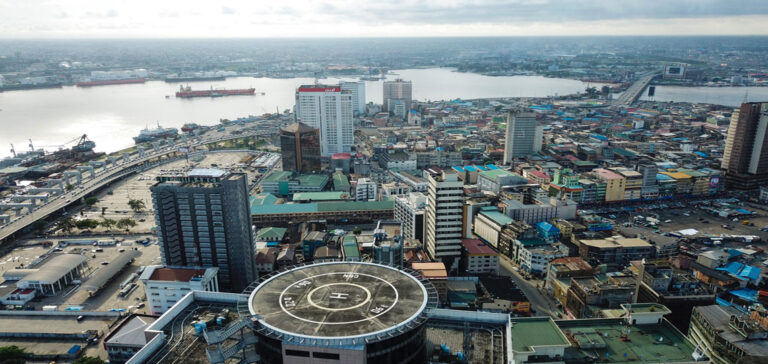The gas dispute with P&ID (Process and Industrial Developments Limited) was resolved in Nigeria’s favor after a London court ruling on October 23, 2023. This decision has major implications for Nigeria‘s finances and energy. However, it illustrates the complexities of the international gas sector.
The aborted Gas Agreement
The dispute dates back to 2010, when P&ID, a small company registered in the British Virgin Islands, was commissioned to build a state-of-the-art gas processing plant in southeast Nigeria, intended to generate electricity. However, the project was never realized, and P&ID accused the Nigerian government of violating the original agreement.
Arbitration decision in favor of P&ID
In 2017, a London arbitration tribunal ruled in P&ID’s favor. He awarded the company $6.6 billion in damages. In August 2019, the company secured the seizure of $9.6 billion in Nigerian assets, equivalent to around a fifth of the foreign currency reserves of the country of 200 million people. With interest, the sum claimed had reached over eleven billion dollars.
The Nigerian government’s reaction
The Nigerian government, under President Muhammadu Buhari, appealed and obtained a stay of execution of the decision, subject to the payment of a $200 million guarantee to P&ID. The government alleged “bribes, corruption and perjury” in the original gas agreement and arbitration proceedings.
The Historical Judgment in Favour of Nigeria
On Monday, a London commercial court finally ruled in Nigeria’s favor, declaring that the arbitration awards had been obtained by fraud. Judge Robin Knowles pointed out that this case was an example of what some people are prepared to do out of greed, jeopardizing the interests of the Nigerian people.
Implications and repercussions
Nigerian President Bola Ahmed Tinubu described the ruling as “historic” and stressed its importance for developing countries. He added that this victory prevented private companies and corrupt officials from holding nations hostage.
A Lesson for International Gas Agreements
This decision by the London court marks a significant turning point in the gas dispute between Nigeria and P&ID. It raises important questions about the protection of national interests in complex international agreements. It also highlights the potential consequences of corruption in the energy sector. The outcome of this case will have financial and energy repercussions for Nigeria. This will serve as a precedent for other international disputes of this nature.
Final Analysis






















